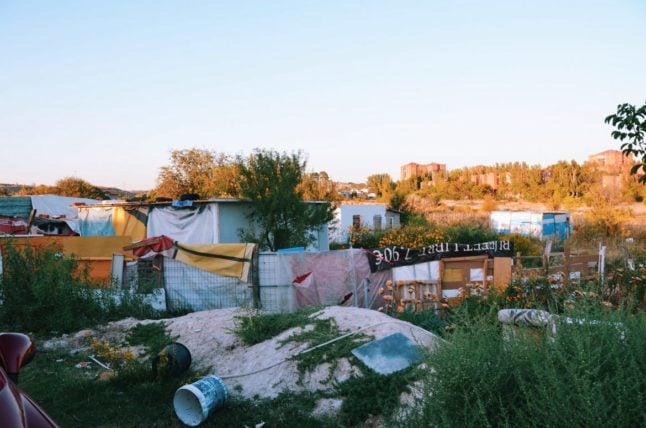Production of cooking appliances would be moved from the facility in L’Assomption, a suburb of Montréal, to a lower-cost facility starting in 2012, Billy Benson, vice president of Electrolux Major Appliances North America’s operations, said on Tuesday.
The plant will be shuttered at the end of 2013, he added, citing “competitive factors” for the decision, and incur a total cost of about 450 million ($65.84 million), which will be taken as a charge against operating income in the fourth quarter.
Separately, Electrolux will reduce its workforce in Europe by about 800 employees in 2011 and 2012, but no factory will be closed. Changes will be implemented gradually and fully finalized in the fourth quarter of 2012, the company said in a statement.
The redundancies will incur a total cost of about 400 million kronor, which will also be taken as a charge against operating income in the fourth quarter.
The Swedish company said in October that profits had slumped 15 percent in the third quarter due to fewer sales in Europe and the US and exchange rate losses. In the July to September quarter, Electrolux posted profits of 1.38 billion kronor against 1.63 billion a year earlier, while sales fell five percent to 26.33 billion kronor.
Electrolux is the second-biggest household appliance group in the world after American rival Whirlpool. The company achieves 37 percent of its sales in Europe and 34 percent in North America, but sees its strongest growth in emerging markets.
The sector has been marked for many years by a stream of restructuring moves because global sales were easing and competition from low-cost regions rising. Electrolux has closed many sites recently in France, Italy, Spain and US, as well as Russia and in China.
Benson noted that many major appliance manufacturers have reduced their cost structures by establishing cooking product manufacturing facilities in lower-cost markets.
“Apart from the challenges of the recession, consumers are demanding competitively priced products featuring the latest technologies, requiring manufacturers to continually reinvest in product innovation while managing costs,” he said.
Electrolux began a restructuring program in 2004 that is expected to be completed next year. The total cost of the program will be about 8.5 billion kronor and the program is expected to generate annual cost savings of 3.4 billion kronor with full effect by 2013, the company said in a statement.













 Please whitelist us to continue reading.
Please whitelist us to continue reading.
Member comments